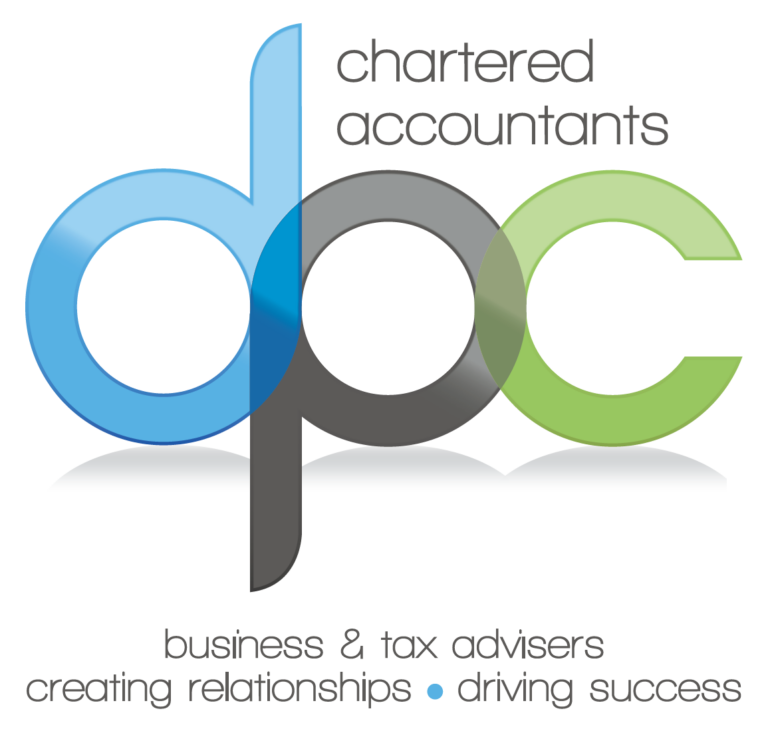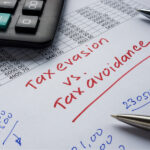Although the start of making tax digital for income tax self-assessment has been delayed to 2026 at the earliest, the start date of the new regime for taxing the profits of unincorporated businesses on a tax year basis has not been delayed and the transition will still take effect in the tax year to 5 April 2024.
This will be a major change for those unincorporated businesses that prepare their accounts to a date other than 5 April or 31 March. From 6 April 2024 such businesses will need to compute their taxable profits from 6 April to 5 April each year, regardless of their accounting end date.
So, for a sole trader or partnership making up accounts to 31 December each year, their 2024/25 profits would be calculated as 9/12ths of their profits for the year ended 31 December 2024 plus 3/12ths of their profits for the year ended 31 December 2025.
This will invariably require the inclusion of an estimate of the profits of the later period with subsequent amendments once the final figures are known. For this reason, many businesses may wish to consider changing their accounting date and we can of course advise you of the tax consequences.
More imminent is the change in the way that profits are to be taxed for the 2023/24 tax year. The upcoming tax year is scheduled to be a “transitional year” with complicated rules for calculating business profits. For many businesses the change will result in a higher tax bill and, if you can supply us with estimated figures, we can work with you to calculate the impact on your cash flow.
Please note that although making tax digital for ITSA will only apply to the self-employed and landlords initially, these tax year basis changes apply to all unincorporated businesses, including partnerships and LLPs, and those with profits of less than £50,000.
As mentioned before, those already preparing accounts to 31 March or 5 April are not affected.







